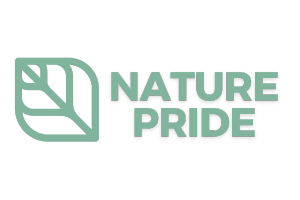


Maintenance and gestation pellets, maize flakes and barley flakes
Use of high-quality ingredients guarantees good ingestion.
sunflower seed feed, dried beet pulp, wheat gluten feed, palm kernel expeller, barley flakes, wheat, maize flakes, vinasse, broken oil seeds, rice bran, wheat feed, spelt, wheat middlings, beet molasses, spelt bran, soya oil, cereal grains screenings, wheat bran, maize gluten feed, calcium carbonate, sodium chloride, soya feed (produced from genetically modified soya)
crude protein 1.8%, crude fat 5.0%, crude ash 6.0%, crude fibre 11.0%, calcium 0.70%, phosphorus 0.55%, magnesium 0.29%, sodium 0.25%
3a672a vitamin A 10000 IU, 3a671 vitamin D3 2000 IU, 3a700 vitamin E (all-rac-alpha-tocopheryl acetate) 50 mg, 3b202 iodine (calcium iodate, anhydrous) 1.00 mg, 3b304 cobalt (coated granulated cobalt(II) carbonate) 0.30 mg, 3b405 copper (cupric sulphate, pentahydrate) 15 mg, 3b502 manganese (manganous oxide) 45 mg, 3b603 zinc (zinc oxide) 75 mg, 3b801 selenium (sodium selenite) 0,60 mg
• Period: From the age of 3 months and during lactation and gestation.
• In general 500 g of CAPRIMASH 3&4 muesli a day is sufficient in addition to good grazing.
• During the winter a portion of 1 to 1,2 kg of CAPRIMASH 3&4 muesli per animal is recommended in addition to good hay.
• Dwarf goats generally need less feed: a daily portion of 50 to 100 g of CAPRIMASH 3&4 muesli per animal should be sufficient in addition to hay or straw.
• The daily diet should not contain more than 60% concentrated feeds.
• The dose of the ration depends on the animal species, the weight and stage of life of the animal.
• Always make fresh water and roughage (such as grass, hay...) freely available.